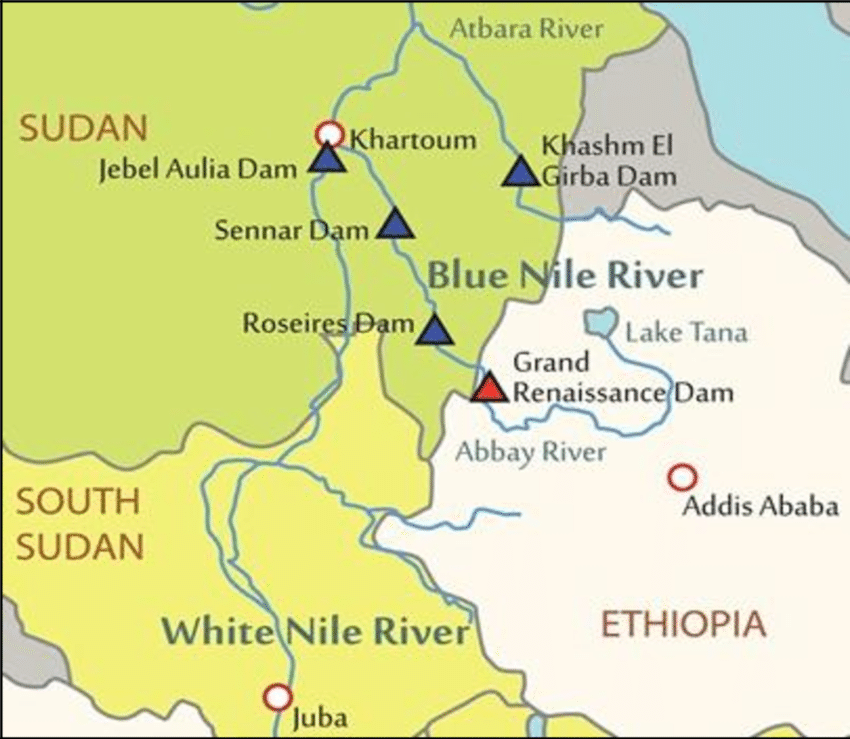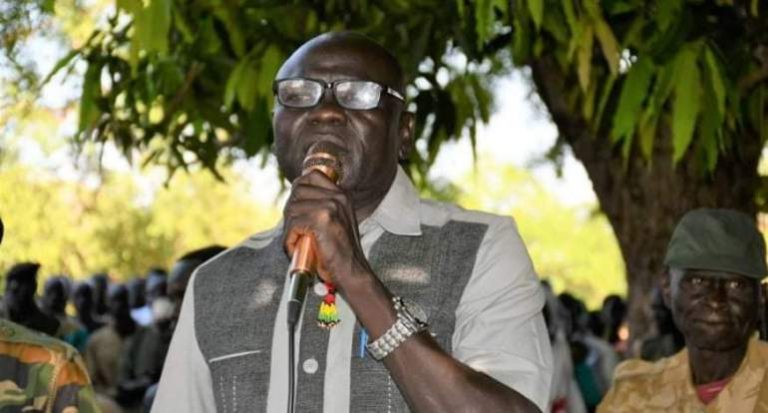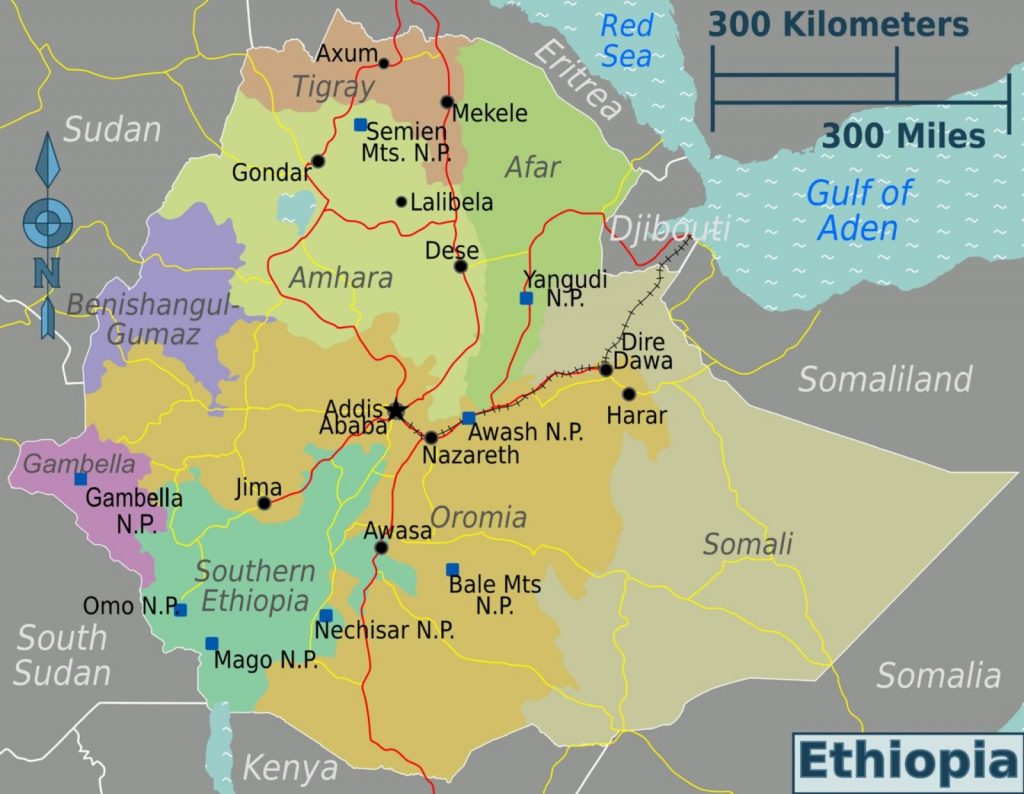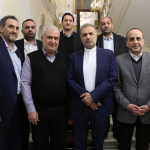Khartoum is accusing Addis Ababa of arming rebels in its territory. Officials in Sudan said Ethiopia has provided “logistical support” to SPLM-N rebel groups led by Maj. Gen. Joseph Tuka Ali in the southern state of Blue Nile. However, Tuka denied such accusations.
If this accusation is verified that may give an indication about possible future Sudan’s support to the TPLF rebels who continue to fight the Ethiopian army in the parts of the border region.
The secession of the South led to renewed Sudanese government assaults on SPLM-N rebels, culminating in an intense counterinsurgency campaign from 2014-16, which reduced the SPLM-N’s area of operations, particularly in Blue Nile.
This new escalation would also complicate further the difficult talks on the giant Ethiopian dam near the Sudanese border, which threatens Sudan-Egypt’s interests.
While this prospect benefits Ethiopia, the accusation of arming SPLM-N rebels can be truth.
Ethiopia can have an interest to escalate the situation in Sudan to push Khartoum towards finishing the support that Khartoum provides to the various Eritrean and Tigrayan rebel movements inside Ethiopia.
The prospect of Ethiopia opening up another major military front is worrying because Sudan is already very fragile and if it were to have more internal instability that would also have regional ramifications. But a protracted conflict is not in the best interests of the Sudanese interim government, or the Sudanese people. According to estimations, Sudan cannot afford this conflict at the moment.
The SPLM-N al-Hilu is part of a stalled peace process brokered by the South Sudanese government. It describes itself as “a Sudanese national movement that seeks to change the policies of the centre in Khartoum and to build a new centre for the benefit of all Sudanese people regardless of their religion, gender or ethnicity background”.
Tuka, one of the most prominent aides of Abdel-Aziz al-Hilu, is claimed to receive weapons and ammunition from Ethiopia in the Yabous area on February 27th, to occupy Kurmuk town to disperse the efforts of the Sudanese army on the eastern front.

The faction of Abdelaziz al-Hilu is the militarily dominant bloc of the SPLM group, and has been more assertive compared to the Malik Agar SPLM-N faction. The Abdelaziz al-Hilu faction is also the only rebel group involved in negotiations with the government that controls any substantial area of territory, and as such has been more effective in negotiations. Al-Hilu is considered as one of the most successful SPLA/M commanders in the history of the SPLA and worked with South Sudan‘s Leader John Garang in an aim to create a Sudan that is democratic, fair and free to all Sudanese population. He also has ties with Egypt and supports an idea that Egypt must play a supportive role in achieving peace in Sudan.
Ethnically, Joseph Tuka Ali belongs to the Uduk community. Uduk people due to the recent war in southern Sudan have been forced to emigrate to Ethiopia. So, Addis-Ababa uses them in confrontation with Sudan.
His forces had initially fought alongside South Sudan’s SPLA rebels before they later chose to remain in the north as the south seceded.
Sudan and Ethiopia have been at loggerheads for a while, beginning with how Ethiopia’s Grand Renaissance Dam (GERD) on the Blue Nile, was to be filled. This was followed by a disagreement over an unmarked border line in al-Fashaqa, with Khartoum claiming that Ethiopia invaded its territory. Cairo may see the tensions between Khartoum and Addis Ababa as the way to partially solve GERD issue.
However, Egypt does not want to show its support for Sudan publicly. Egypt will probably back Sudan militarily, economically and politically, but without being in the spotlight, in an attempt to garner Sudanese support to pressure Ethiopia in the GERD issue.
We have no doubts, that Egypt played a role in the recent Sudanese escalation. But it does not want to stir a complete military confrontation between Sudan and Ethiopia. It only wants a military escalation to achieve a political solution, which is the delay of the second filling of the GERD until a final solution is reached, since filling the dam has negative repercussions on the flow of water to Egypt.
According to mil sources in Sudan, the Ethiopian government aims to use Tuka to occupy the city of Kurmuk in the state with the support of Ethiopian artillery, with the aim of dispersing the efforts of the Sudanese army on the eastern front. The Blue Nile state is located in southern Sudan, specifically on the border triangle with Ethiopia and South Sudan. It lies next to the area where both countries have bickered over a borderline between al-Fashaqa in Sudan and Amhara in Ethiopia.
Last November, in response to Amhara farmers who often fight for land with Sudanese nomadic herders, Sudan deployed its military in the area, but Addis Ababa accused Khartoum of taking advantage of Ethiopia’s attention to the Tigray conflict to make moves. Addis Ababa has since demanded that Sudanese troops pull back before any negotiations can happen.
The Sudanese government concluded a peace agreement with a number of armed movements in the country, with the aim of ending the hostilities that ravaged the country. The agreement included five key issues including assurances of service provision by the central government as well as power sharing.
However, the agreement signing was skipped by a number of rebel movements including Tuka’s forces.
Ethiopia, a country that was deeply involved in Sudan’s peaceful transition in 2019 is now the main one accused of destabilising Khartoum.






